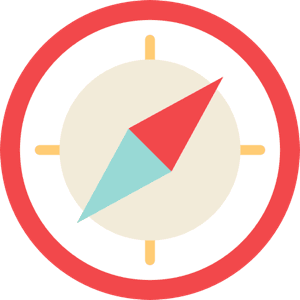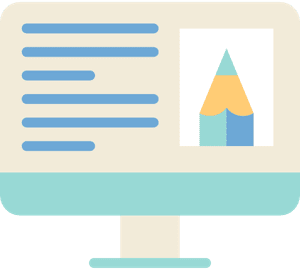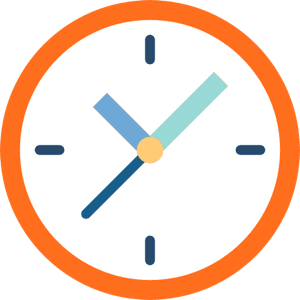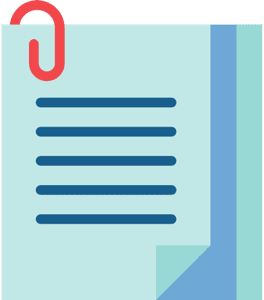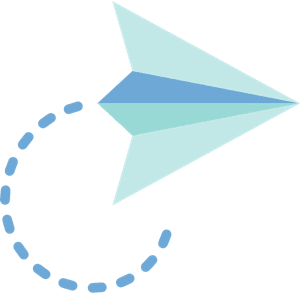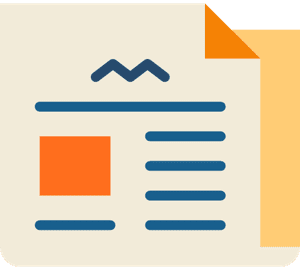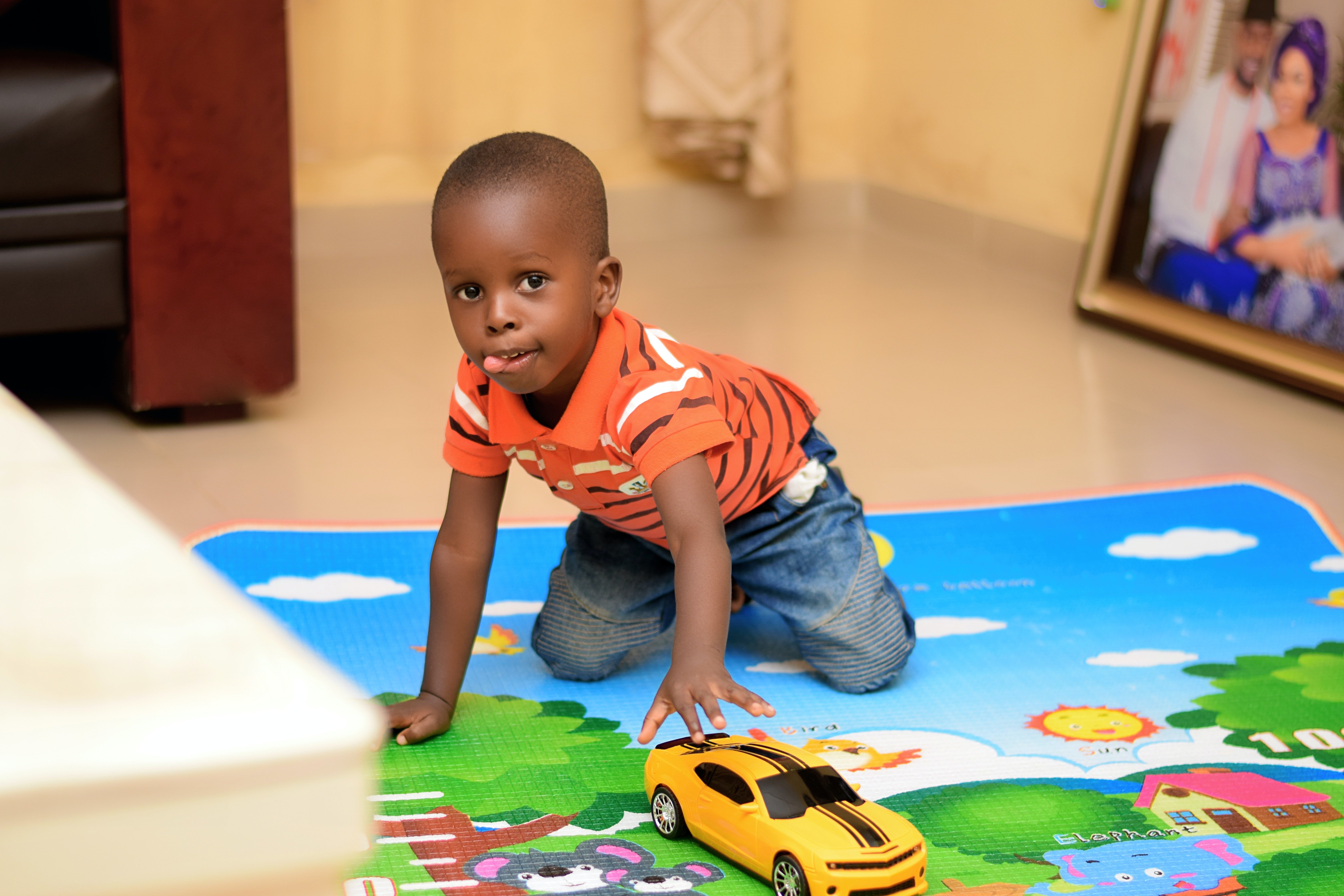The Montessori Method Meets Distance Learning, a Conversation with Maria Chaffin

In this interview, we sat down with Maria Chaffin, a Montessori teacher and PhD candidate. She discusses strategies for helping students with special needs to learn online, supporting parents, and fostering Montessori learning experiences at home.
By the way, this conversation was originally featured on our podcast, which you can listen to here or on Apple Podcasts and Spotify.
Can you tell us a bit about your background?
I have been teaching early childhood for the last 20 years. After so many years, I decided that it was right to step out of the classroom and pursue my PhD.
Then, when the pandemic hit, some parents called me looking for help. So, I thought, okay, let's try it. I didn't know how it would work with little kids. I knew it worked with adults because currently I'm doing my doctoral program online, and I'm teaching master-level classes online. But after three weeks of a trial, I found out that yes it is possible.
You've put together a lot of content for the Montessori program, especially for students who have special needs. What are you seeing happening right now in that particular population?
It really depends on each child and each family. It depends on the routine implemented in the house. Because no matter what, these students need a routine, expectations, and to know what is going to happen. Especially for children with ADHD or autism, creating that sense of routine and the expectation they will be fine, it’s possible to implement distance learning.
As a person who has ADHD yourself, do you see that as a strength in building instruction and working with parents who might have the same sort of challenges with their own own children?
I have found that ADHD helps me focus on things that no one else can do and gives me the ability to do three, four, or five things at the same time. And I think it’s the same for our kids.
My oldest son has ADHD, and after a week of distance learning, he’s doing better than he was in the class because he doesn't have the pressure of the teacher or the schedule. He can concentrate better to accomplish things faster, and his grades have improved so much.
A lot of schools we've talked with have said they have challenges, especially creating routines with younger children. What have you done that worked well?
I think for the youngest ones, the most important thing is to talk to parents. As a parent, sometimes you don't know what to do. And we aren’t typically with our kids 24 hours a day helping them do schoolwork. Help parents create a schedule and set up a routine, and remind them to not worry about the academic pressure and have fun with their kids.
Teaching the parent is the only way that you can help. When a kid is young, it’s hard to connect with them through the screen, so you need the parents on your side.
I meet with parents every week to be sure that they are doing activities that reinforce the online lesson. And I have a whole platform that they can go to and find ideas for activities to do with their kids based on their age.
In your opinion, do you think this pandemic has really opened up the idea that kids can continue to learn through virtual classrooms?
Yes, I think so for some students we are finding that it is a much better way for them to learn, like my oldest son. I have heard from a lot of teachers, “wow! These kids are focusing. They are turning in the papers and doing all the work.” So for some, they may go to homeschooling or do some distance learning.
And I see parents now that are ready to get some outsourcing service to deliver distance learning or a homeschool model. There are a lot of possibilities that are going to come out after this.
How are you integrating the Montessori approach into distance learning?
That was hard because I wasn't sure. If you know Montessori, you know it involves a lot of hands-on work and collaboration, learning practical life skills, and socialization. These can be hard to do through distance learning.
But we figured out that we could create materials for students to use at their home and how to incorporate common toys and materials students have at home into Montessori lessons.
In my meeting with parents, I had them show me their kitchen because we can create a place for kids to do Montessori activities. That's why the first thing that I asked the parents was to find a place in the house where we can create that environment for the child to be independent.

